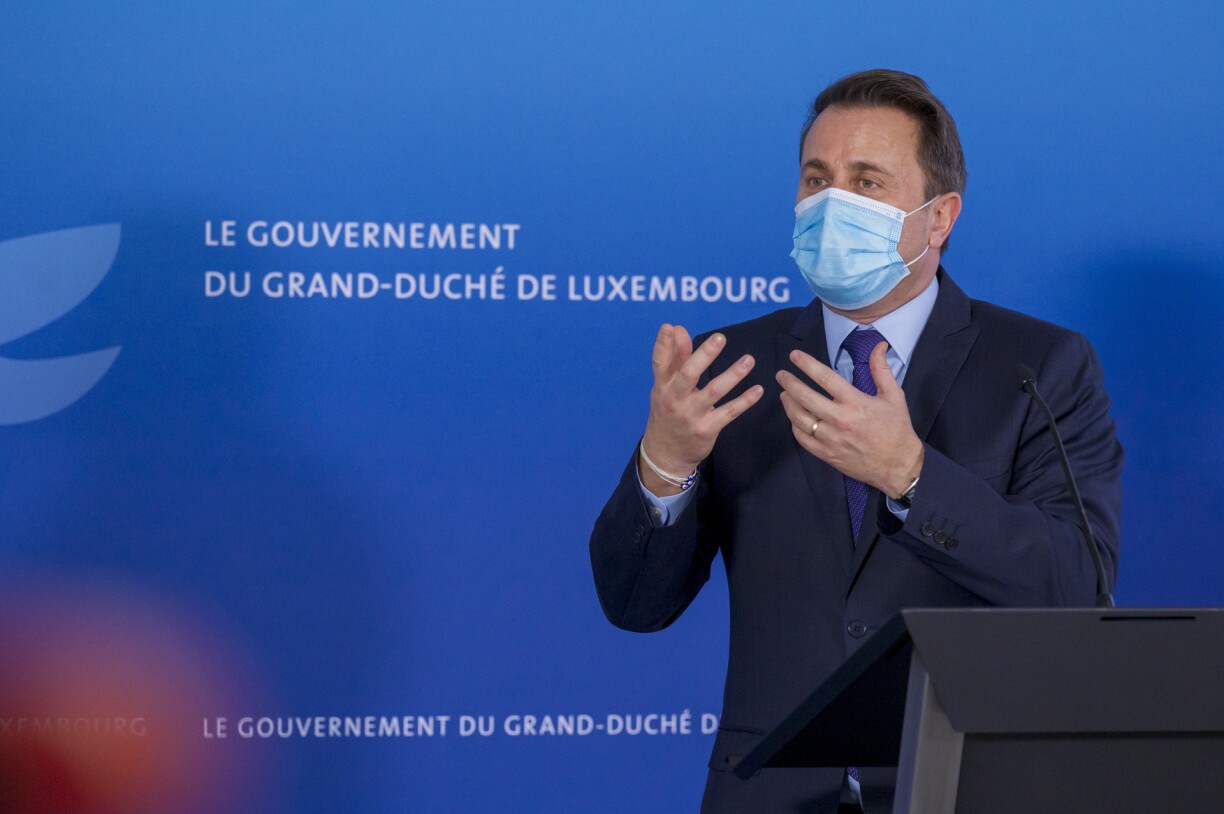
With the news today that Germany, France and Italy have taken the decision to suspend the AstraZeneca vaccine, and Luxembourg to have followed suit on Monday evening, RTL takes a look at the situation in Luxembourg as things stand. How many jabs are available, and what is the plan for the coming weeks?
This week, the Grand Duchy was expecting a delivery of 5,030 AstraZeneca vials. Now, this figure has dropped to 2,400. Next week’s batch was originally set to be around 12,221 vials. Just 1,500 of these will be delivered - a 90% decrease.
Premier Xavier Bettel expressed his frustrations at the situation in the Chamber on Friday, stating it made it impossible to give specific dates for the campaign’s phases. But the uncertainty surrounding the vaccine rollout is not restricted to Luxembourg, as the rest of the European Union has struggled with the same issue concerning capacity and deliveries.
Four vaccines are currently authorised for use in the EU: alongside Pfizer/Biontech, Moderna, and the controversial AstraZeneca jab which has caused concern across the bloc in the last few days, the EMA gave the green light to the single shot Johnson & Johnson jab towards the end of last week. Deliveries for the latter are not expected until April. A fifth vaccine, CureVac, is likely to be authorised over the coming months.
“I don’t care what name the vaccine goes by,” said Bettel last week when questioned on the possibility of using the Russian Sputnik V jab. The vaccine, which has a 91.6% efficacy rate, is currently being tested by the EMA ahead of potential authorisation.
Bettel went on to say it was too early to give specific details on the Russian vaccine, but that crucial information, such as storage temperatures, gaps between doses and more, was the topic of discussion with Russian authorities in Luxembourg this week. He refused to comment on any political decision prior to the conclusion of these discussions.
Regardless of the vaccines on hand, Luxembourg is said to have the capacity to vaccinate more than 95,000 people per week, said the Prime Minister. All that is required now is the vaccine itself.